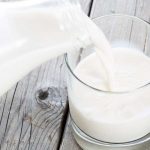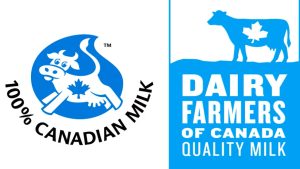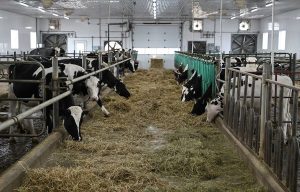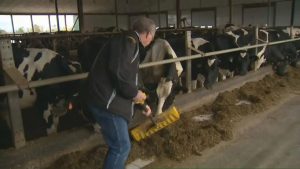
Parmalat Canada, which owns the dairy products plant in Winchester, was convicted Aug. 25 for three violations.
Two charges include discharging odours that caused an adverse effect, and the other for failing to comply with conditions of a ministry approval. The offences cover a period of nearly 32 months, and three events total.
Beginning in early 2017, the Ministry of Environment, Conservation and Parks received numerous odour complaints from residents. Often the smell was so strong that residents had to remain indoors with their windows closed, or were woken from their sleep by the foul smell. According to the ministry, some residents sought alternative sleeping accommodations to avoid the overwhelming spoiled milk and sewage smell.
Parmalat began using a new microfiltration system for processing milk, which increased wastewater production at the facility, surpassing the ministry approved operating limits for the company’s on-site sewage system. Wastewater at the facility is treated so it can be discharged into a nearby ditch.
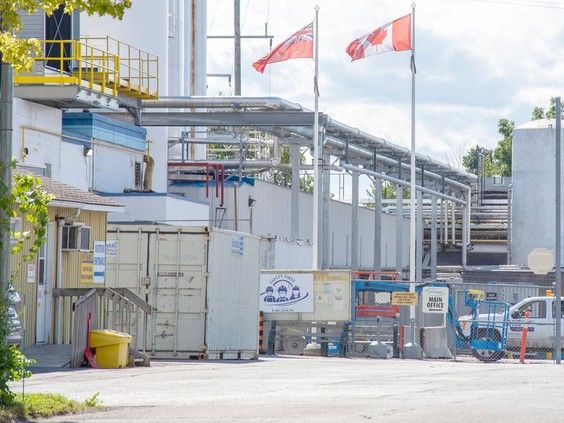
The ministry said that the increased flow and organic material in the sewage decreased the efficiency of the treatment plant, which created “septic conditions” and odour.
Complaints to the ministry continued into 2018 and 2019. Parmalat held a public meeting in 2018 to address resident concerns. The ministry said that Parmalat made some attempts to lessen the smelly discharges from its plant but “the efforts were insufficient.”
The ECP’s Environmental Investigations and Enforcement branch investigated the many complaints and laid charges, which resulted in three convictions in August.
The ministry acknowledged that Parmalat spent over $17 million to upgrade its wastewater treatment facility to address odour issues.
Parmalat was fined $510,000, and was given a short-term probation order requiring it to pay an additional $110,000 to Queen’s University to support research at the Beaty Water Research Centre.
Additionally, a victim fine surcharge of $127,500 was issued to Parmalat.
In a statement to The Leader, Lactalis Canada spokesperson Roopa Shah said that the company voluntarily pled guilty to the offences and accepted the associated fines.
“As part of our continued commitment and efforts in mitigating related odours and enhancing the wastewater treatment process, Lactalis Canada completed a three-year, $17.39-million Wastewater Treatment Modernization Project in 2020 to address these issues,” Shah said. “As a long-standing member of Winchester community, Lactalis Canada is proud of its deep ties to the region and places great importance on having a positive impact on the community and the safety and well-being of its members.”
Local resident Sue Clavet, who was one of the complainants to the ministry about the odour issues at the plant, said that she was OK with the fines but thought it was just a slap on the wrist for a company as big as Parmalat. Her concern with the conviction is the $110,000 to Queen’s University as part of the judgment.
“I thought they would have sent something to the residents of Winchester who had to put up with it, or donated that money to research here that’s local,” she said. “I was quite disappointed with that.”
Clavet said that since the company has made plant improvements, the smell has mostly disappeared.
“Over the last year it’s been minimal,” she said. “It’s really been a huge improvement.”
In Summer 2020, Parmalat Canada changed its name to Lactalis Canada. The company also operates dairy facilities in Ingleside, Belleville, and Montréal. Lactalis is part of Groupe Lactalis, the largest dairy products conglomerate in the world, and headquartered in France.
— The Morrisburg Leader

